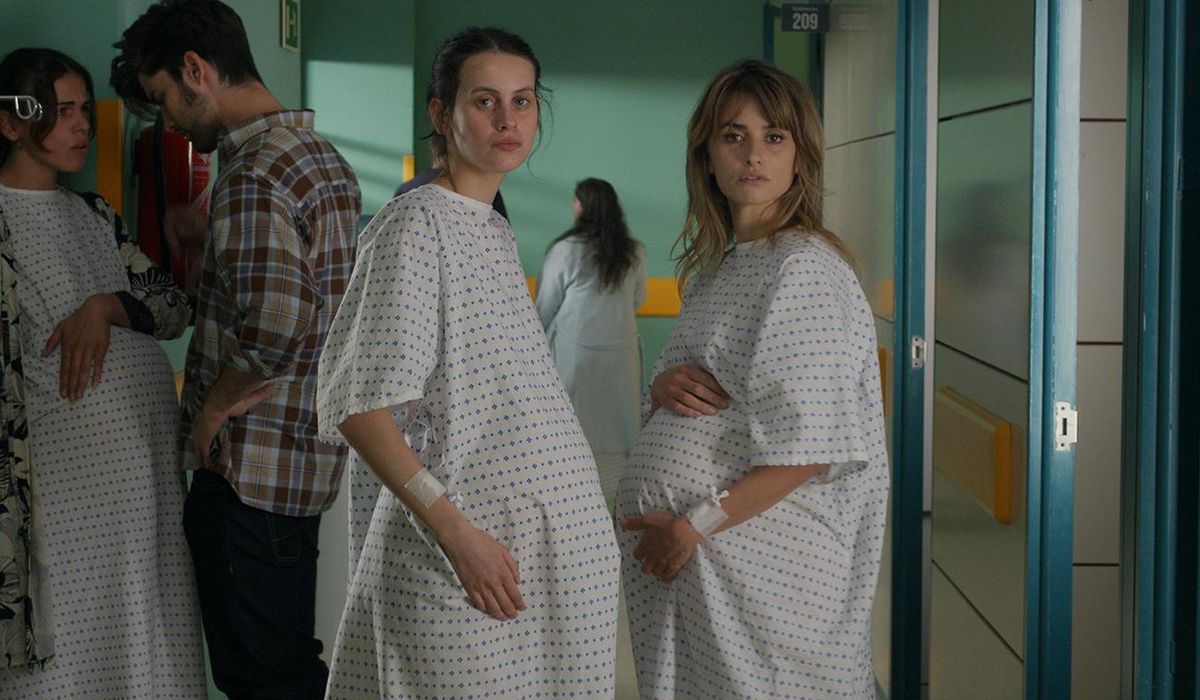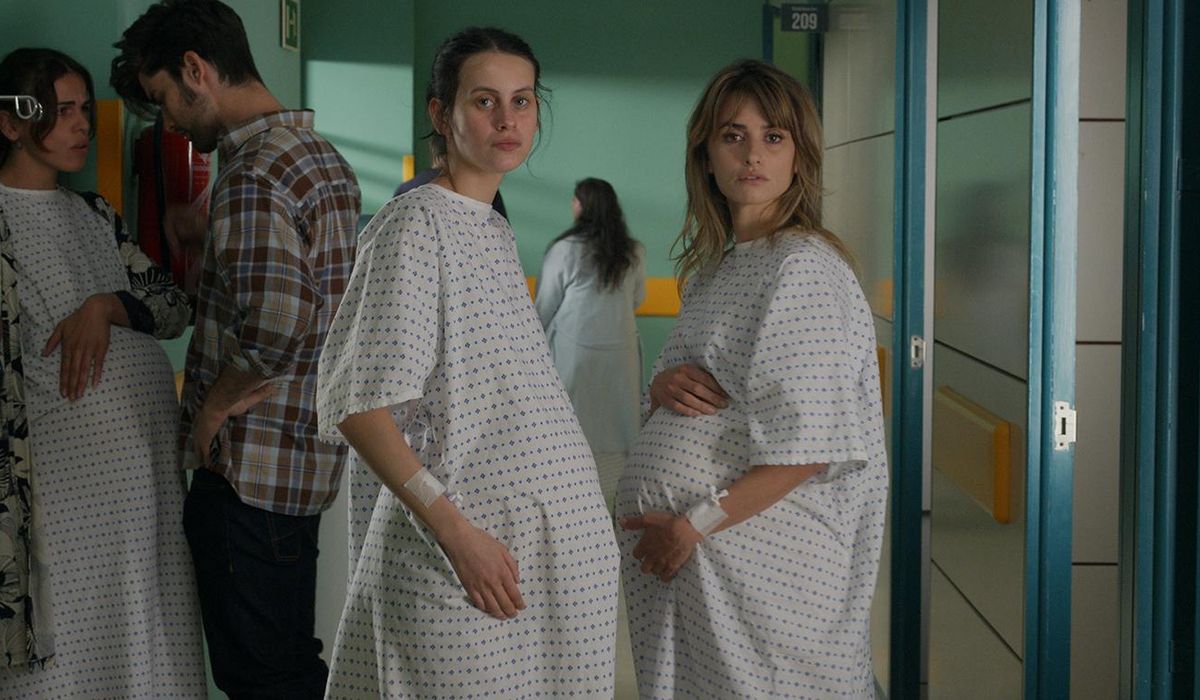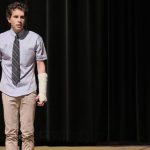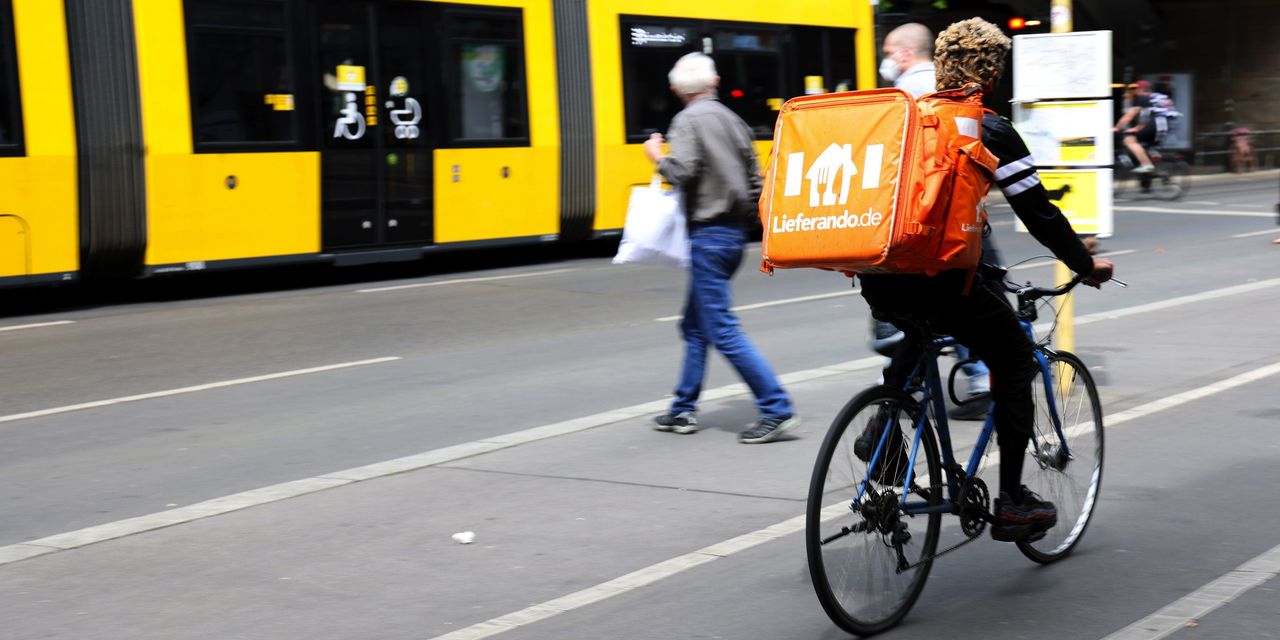
NEW YORK (AP) – A movie year of fits-and-starts, delays and reversals has been difficult to track. Knowing just where and how a new movie premieres has become a sport of its own. Even for those closely following new films, it’s been a sometimes exhilarating, sometimes befuddling half-virtual, half-in-person year of moviegoing.
But at the 59th New York Film Festival, which begins Friday, an abnormal movie year comes into sharp focus. The New York Film Festival, which is put on by Film at Lincoln Center, isn’t the sum total of everything worth seeing in 2021, but it’s about as close as most festivals get. Over the next two weeks, 32 feature films will unspool in New York‘s main slate, along with companion sections, revivals and tributes.
“The mandate of the festival has always been to take stock of the year in cinema,” says Dennis Lim, the festival’s director of programming. “Besides being a strange year, I think it was also a really strong year.”
The premiere of Joel Coen’s Shakespeare adaptation “The Tragedy of Macbeth,” starring Denzel Washington and Frances McDormand, kicks off the festival Friday at Alice Tully Hall. The film, to be released by a24 in theaters on Dec. 25 and on Apple TV+ on Jan. 14, is the biggest event of the festival, which adds to the growing revival of the arts in New York. In recent weeks on Lincoln Center’s campus, the Philharmonic, the Metropolitan Opera and New York City Ballet have all returned to their indoor stages. Down the street, Broadway’s top shows are back.
After the pandemic forced last year’s New York Film Festival to host virtual screenings and drive-ins around the city, the annual parade of top international filmmakers and some of the year’s most acclaimed movies will return to Lincoln Center.
“There was this disruption that happened. We’re all coming back from that,” says Eugene Hernandez, director of the festival. “For us, as a festival, we decided to prioritize the in-person experience.”
While some films, like “The Tragedy of Macbeth,” will be debuting for the first time, the New York Film Festival is a highly curated collection of films that have been standouts at other festivals this year. That includes Jane Campion’s gothic Western “The Power of the Dog”; Pedro Almodóvar’s tender motherhood tale “Parallel Mothers”; Joanna Hogg’s exquisite memory piece “The Souvenir Part II”; Cannes’ explosive Palme d’Or-winner “Titane,” from French filmmaker Julia Ducournau; Norwegian director Joachim Trier’s piercing character study “The Worst Person in the World”; Thai director Apichatpong Weerasethakul’s meditative “Memoria,” with Tilda Swinton; Berlin’s Golden Bear-winner “Bad Luck Banging or Loony Porn” from Romanian filmmaker Radu Jude; and Ryusuke Hamaguchi’s Haruki Murakami adaptation “Drive My Car.”
Part of what makes the New York Film Festival distinct is that, while there are red carpets and standing ovations, the Upper West Side gathering has always put sober reflection above spectacle. To the festival organizers, the debate and conversations that happen around movie screens are, ultimately, the point of the festival.
“We’re in agreement that festivals are about the big-screen experience. They are about bringing people together,” says Lim. “Last year, going virtual was I thought necessary and an important thing to do. But it’s a different time and a different climate, and we need to respond accordingly.”
Some screenings have become unexpectedly timely. Just days after the death of pioneering filmmaker Melvin Van Peebles, a new restoration of his landmark 1971 film “Sweet Sweetback’s Baadasssss Song” will premiere Sunday timed to its 50th anniversary. Van Peebles’ death Tuesday at the age of 89 prompted an outpouring of tributes for the groundbreaking independent filmmaker.
Proof of vaccination will be required for all festival attendees, and there won’t be any concessions. The biggest COVID-19-related hurdle, Hernandez said, is sorting out travel restrictions for filmmakers and casts. Who can and can’t attend is still changing daily.
Screening won’t just be at Lincoln Center. To help foster a wider resurgence for New York moviegoing, screenings will also be held at arthouse theaters in Brooklyn, Harlem and the East Village.
But at Lincoln Center, said Hernandez, “It feels like a different place than it has for a long time.”








